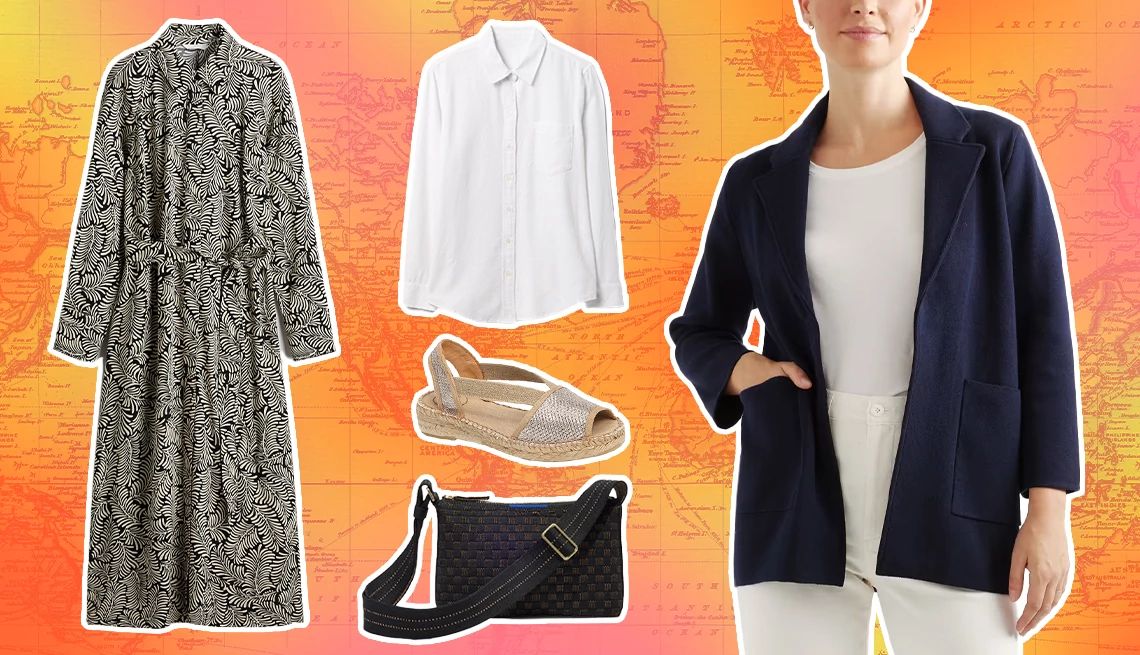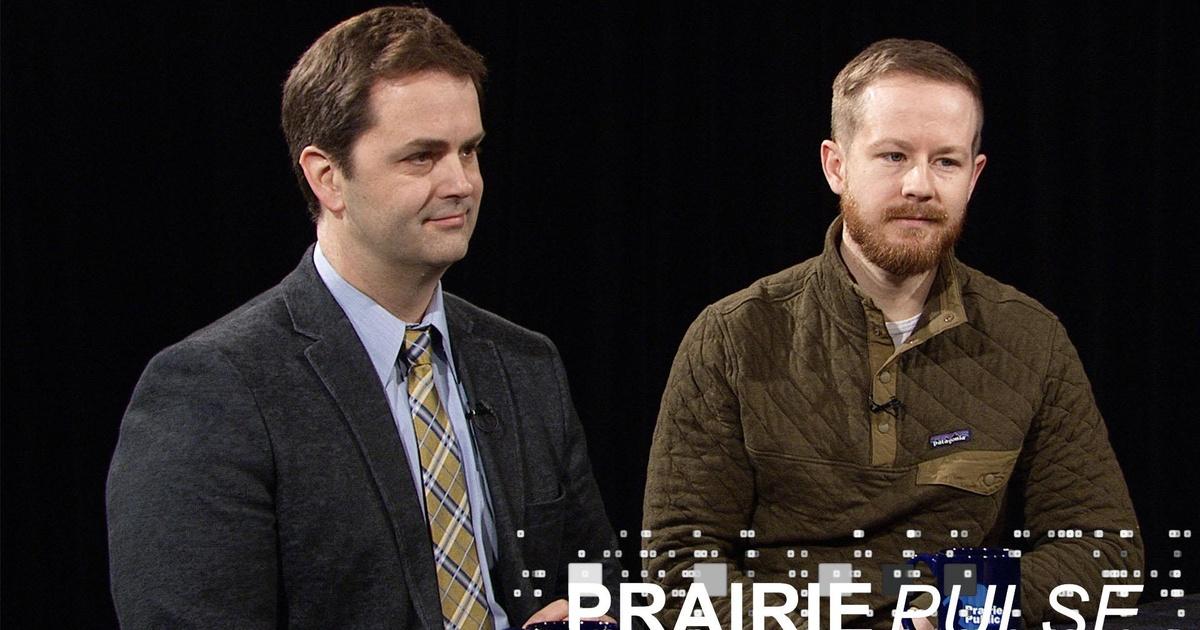
- Select a language for the TTS:
- UK English Female
- UK English Male
- US English Female
- US English Male
- Australian Female
- Australian Male
- Language selected: (auto detect) - EN
Play all audios:
The trouble in the island paradise of Hawaii is a collision of demographics and geography. The state boasts laudably high longevity rates, but younger generations of Hawaiians have long been
encouraged to further their education and careers on the U.S. mainland. The result? Elderly parents whose children live an ocean away, complicating the challenges of caregiving. Rose
Nakamura, 80, saw this pattern often with members of her Buddhist temple in Oahu: not wanting to inconvenience other relatives, the elderly would often stop attending services when they
could no longer drive. In 1989 she founded Project Dana, a modest program to connect older members of the community with volunteers who provide companionship, run errands, and generally
embody the Buddhist principle after which the project is named. “Dana is about extending compassion and care, without any reward or recognition,” says Nakamura, who for 20 years has done
just that. Today, Project Dana serves more than 1,000 kupuna, or elders. Says Nakamura: “Caregiving is everybody’s business.”







